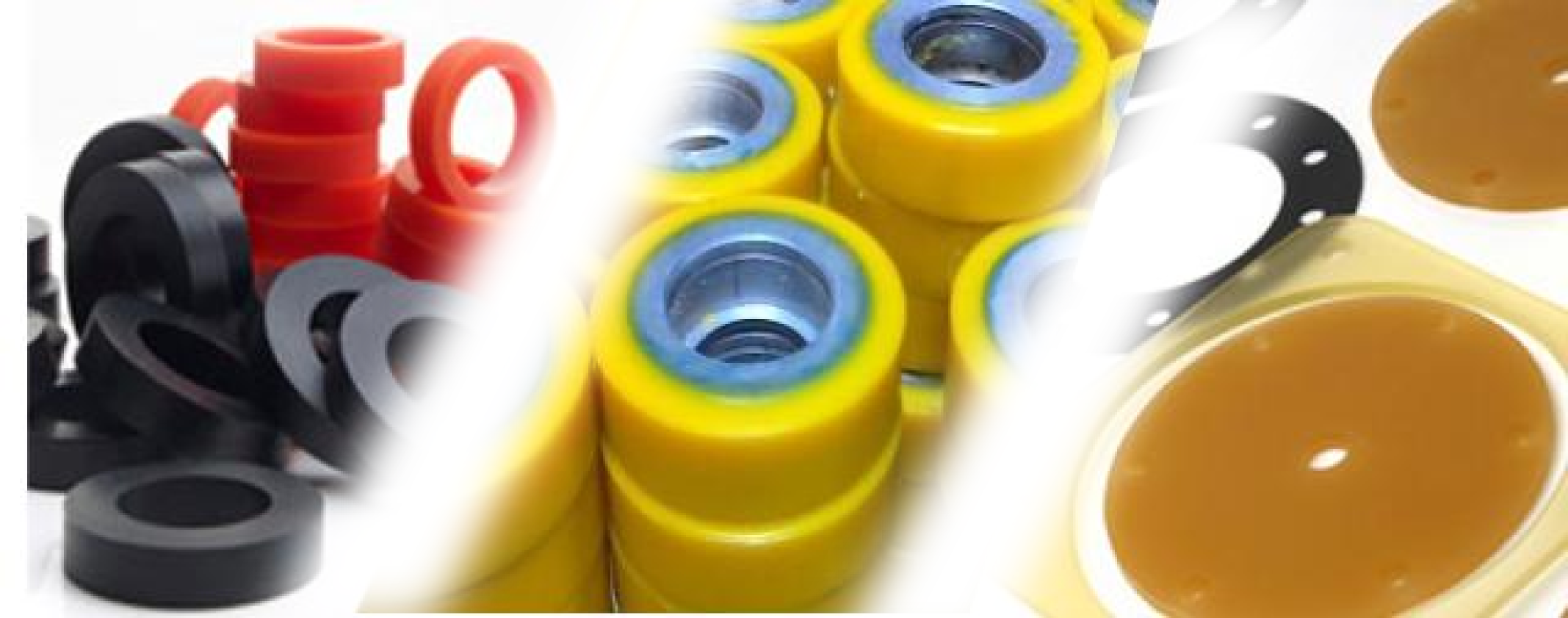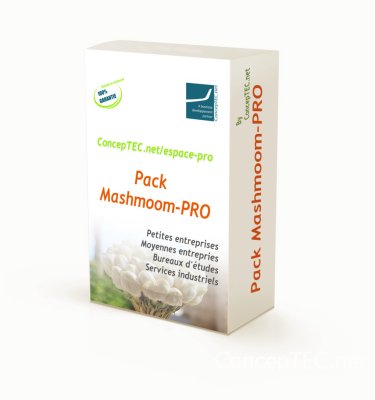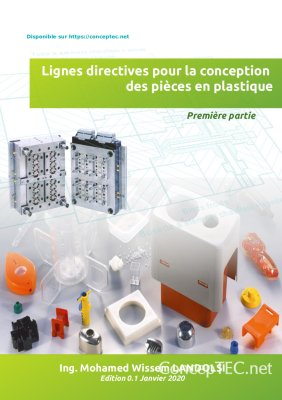Thermosetting and engined plastics account for a quarter of global plastic production and disposal after the life cycle is still a difficult problem.
Difficulty with heat recycling
Thermosets such as epoxy or polyurethane are used in technical applications, where temperature resistance and durability are required first. For example in automobile bumpers, electronic circuits, aviation equipment, etc.
They are designed in the same way as thermoplastics:
The pellets of the raw materials are heated until they are loose.
Shaped by molding or other processes.
Then cooling to return to the solid state.
However, if this process has the advantage of being reversible for thermoplastics, this is not the case for thermosets. When heated, these materials burn out before returning to their relaxed state when first formed.
Modify chemical bonds to make thermosets recyclable
In 2019, a team from the Massachusetts Institute of Technology led by Jeremiah A. Johnson presented a method for creating degradable polymers, by incorporating a silyl ether scion group into the chemical composition. Since the bonds of this monomer have the specificity of cracking in certain environments, this enabled them to create materials that decompose in an acidic or alkaline environment or in the presence of fluoride ions.
Thus the same strategy was used to create a degradable version of polydicyclopentadiene (pDCPD), a thermosetting polymer used to manufacture parts of the truck body.
In a paper recently published in Nature, researchers add silyl ether monomers to the liquid substance used to synthesize pDCPD. They discover that adding between 7.5 and 10% silyl ether makes it easier to convert pDCPD into powder. , After exposure to fluoride ions, while retaining mechanical properties.
Then this powder was dissolved in the precursor solution, and new materials were thermoplastically made from this recycled powder. Thus the obtained material has mechanical properties almost identical to the original.
The method is applicable to other thermosets materials
Through this study, the researchers successfully demonstrated that the use of degradable monomers was an effective method. They believe this approach would be beneficial for other polymerization reactions, which would allow the design of biodegradable versions of vulcanized epoxy, silicone, or hardened rubbers.
From : https://www.techniques-ingenieur.fr


























